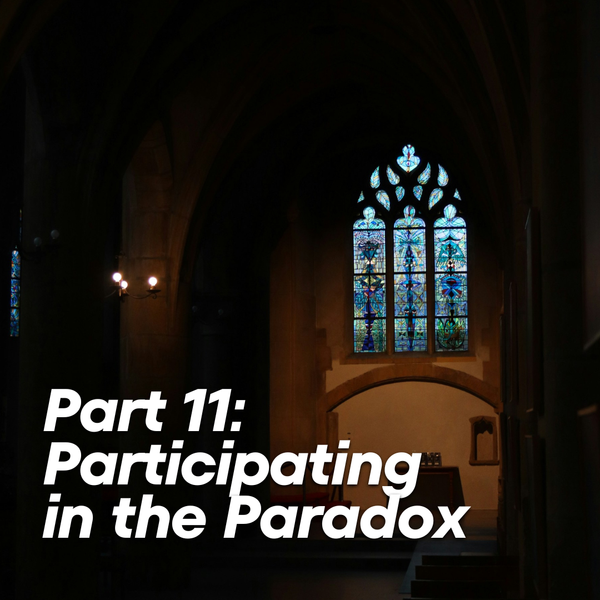Part 8: The Beauty and the Between

No one can heal by maintaining or fostering illusion.
— Alice Miller
It’s in the darkness, it’s in the moment of crisis, when you have fallen through all of your own expectations that there is the opportunity for rebirthing.
— Barbara Holmes
I profess the uncertain
with gratitude.
… the almost untenable premise
that between counting one and two
nothing is lost.
— Jane Hirschfeld





